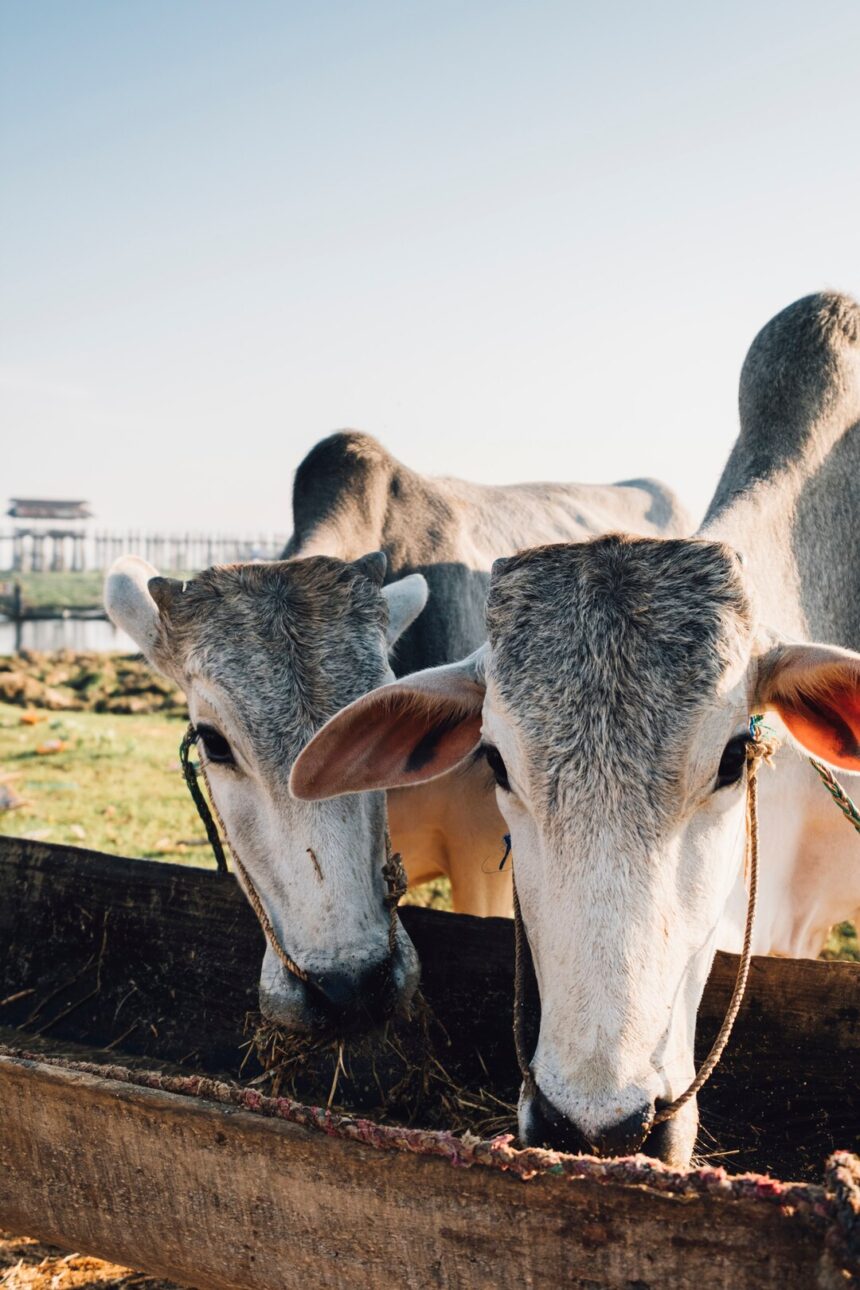Whether you’re a seasoned farmer or a hobbyist with a small homestead, owning livestock comes with its own set of responsibilities. From ensuring the health and well-being of your animals to maintaining their living quarters, having the right supplies on hand is essential for successful livestock management. To help you stay prepared for any situation, here are 10 essential supplies that every livestock owner should have in their toolkit.
1. Feed and Water Containers:
Providing a steady supply of clean water and nutritious feed is paramount to the health of your livestock. Invest in durable feed and water containers that are appropriate for the size and type of animals you’re raising.
2. Shelter and Bedding Materials:
Livestock need protection from the elements, whether it’s scorching sun, driving rain, or bitter cold. Make sure you have adequate shelter and bedding materials, such as straw or wood shavings, to keep your animals comfortable year-round.
3. Fencing and Gates:
Secure fencing and gates are essential for containing your livestock and keeping them safe from predators. Choose sturdy fencing materials that are appropriate for the size and strength of your animals, and regularly inspect and maintain your fencing to prevent escapes or injuries.
4. Veterinary Supplies:
While you should always consult a veterinarian for serious health issues, having basic veterinary supplies on hand can help you address minor injuries or illnesses quickly. Stock up on items such as wound antiseptic, bandages, thermometers, and oral medications recommended for livestock.
5. Hoof Trimmers and Grooming Tools:
Regular grooming and hoof care are essential for maintaining the health and well-being of your livestock. Invest in quality hoof trimmers, grooming brushes, and other grooming tools to keep your animals clean and comfortable.
6. First Aid Kit:
Accidents happen, so it’s important to have a well-stocked first aid kit on hand for both humans and animals. Include items such as bandages, gauze pads, antiseptic wipes, gloves, scissors, and tweezers in your first aid kit.
7. Identification Tags and Records:
Keep track of your livestock with identification tags and detailed records of each animal’s health, vaccinations, and breeding history. This information is invaluable for tracking individual animals and maintaining a healthy herd or flock.
8. Pest Control Products:
Protect your livestock from pests such as flies, ticks, and parasites with appropriate pest control products. Choose products that are safe and effective for use on livestock, and follow the manufacturer’s instructions carefully.
9. Livestock Handling Equipment:
Livestock handling equipment, such as halters, leads, and sorting gates, can make it easier to move and manage your animals. Invest in quality equipment that is durable and comfortable for both you and your livestock.
10. Emergency Supplies:
Prepare for emergencies by having essential supplies on hand, such as a backup generator, extra feed and water, and a plan for evacuating animals in case of natural disasters or other emergencies.
By stocking up on these essential supplies, you’ll be better prepared to care for your livestock and handle any challenges that may arise. Remember to regularly inspect and maintain your supplies to ensure they remain in good condition and are ready for use when needed. With the right tools and equipment at your disposal, you’ll be well-equipped to provide the best possible care for your animals and ensure their health and well-being for years to come.
Join 'Farmers Mag' WhatsApp Channel
Get the latest Farming news and tips delivered straight to your WhatsApp
CLICK HERE TO JOIN






